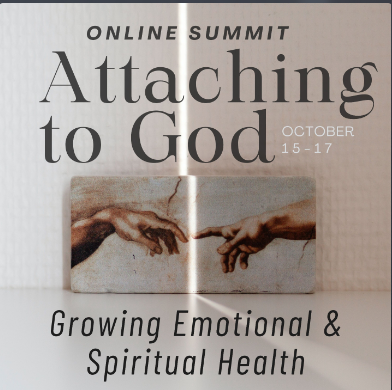Available Now
The Emotions of God

David Lamb reminds us that emotions can be ‘normal, natural, even divine.’ After all, he shows us, God has a rich emotional life himself. Those who read this book will grow not only in their understanding of God but also of themselves.
Tremper Longman III
distinguished scholar and professor emeritus of biblical studies, Westmont College






